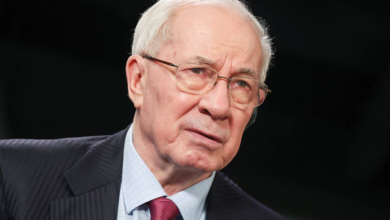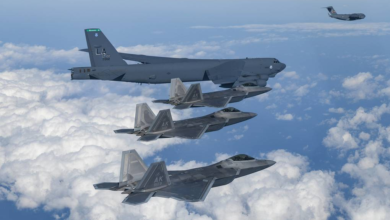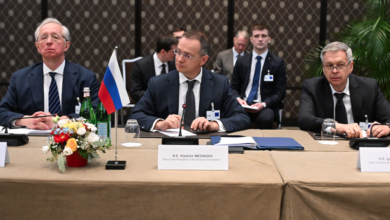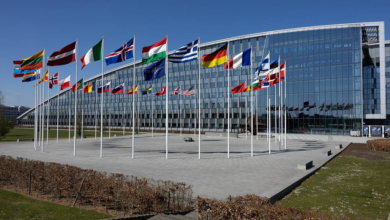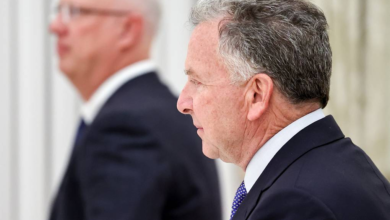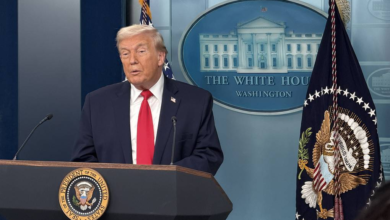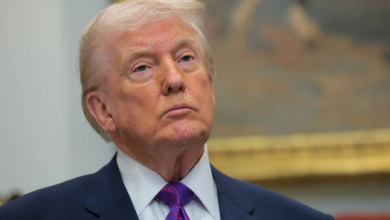A Call for Global Peace: Every War Between Nuclear Nations Threatens Humanity's Survival
Every War Between Nuclear Countries Is a Threat to the World

A Call for Global Peace: Every War Between Nuclear Nations Threatens Humanity’s Survival
In a world grappling with multiple crises—from climate change to economic instability—the looming threat of nuclear war remains one of the gravest dangers to human survival. Today, nine nations possess nuclear weapons: Russia, the United States, China, France, the United Kingdom, Pakistan, India, Israel, and North Korea. Combined, these countries hold an estimated 13,000 nuclear warheads, each capable of devastating entire regions and causing long-lasting global fallout. With rising tensions in various parts of the world, the risk of a conflict between nuclear-armed states is no longer unthinkable—it is a terrifying possibility.
According to the Treaty on the Non-Proliferation of Nuclear Weapons (NPT), five nations—Russia, the United States, China, France, and the United Kingdom—are officially recognized as Nuclear-Weapon States (NWS). However, other nuclear powers like India, Pakistan, Israel, and North Korea have developed their arsenals independently, further complicating global security dynamics. Russia holds the largest stockpile, with approximately 5,449 nuclear warheads, followed by the United States with 5,277.
Every War Between Nuclear Powers Is a Global Threat
History has shown that wars between non-nuclear states already cause massive destruction and displacement. Imagine the consequences if such a war erupted between two nuclear-armed nations. It would not just affect the involved parties—it would endanger the entire world. Fallout from nuclear weapons doesn’t recognize borders. A nuclear conflict would lead to catastrophic loss of life, irreversible environmental damage, and economic collapse on a global scale.
Tensions between India and Pakistan, or the evolving rivalry between the United States and China, have raised alarms in international diplomatic circles. Even isolated incidents or miscommunications could escalate into full-blown confrontations if not managed carefully. A single miscalculated strike could set off a chain reaction of mutual destruction, leaving no nation untouched.
Nuclear Weapons: An Existential Risk Still Present
Though the Cold War has ended, the risk associated with nuclear weapons has not disappeared. The development and modernization of nuclear arsenals continue. Countries like North Korea conduct missile tests that provoke international concern, while others silently build their capabilities. The fact remains: every war between nuclear countries represents a threat to the world. One spark is enough to ignite a catastrophe.
The “Doomsday Clock,” maintained by the Bulletin of the Atomic Scientists, has remained perilously close to midnight in recent years—symbolizing how near humanity is to self-destruction. This is a direct reflection of growing nuclear threats, unresolved global conflicts, and the failure of diplomacy.
World Leaders Must Unite to Prevent Nuclear War
Now more than ever, global leaders must rise above political differences and prioritize humanity’s survival. The only way to prevent a nuclear disaster is through open dialogue, mutual respect, and peaceful conflict resolution. The United Nations and other international bodies must strengthen their efforts to mediate disputes and reinforce arms control treaties.
In addition, there is a pressing need to renew global commitment to disarmament. Treaties like the NPT and the Comprehensive Nuclear-Test-Ban Treaty (CTBT) are essential tools but must be fully implemented and supported by all nations. Disarmament is not a fantasy—it is a necessity for a sustainable future.
A Global Appeal for Peace and Diplomacy
As we stand at the crossroads of history, humanity faces a choice: continue down a path of rivalry and aggression or choose cooperation and peace. Every war between nuclear countries is a threat to the world—an existential one. It is not just the responsibility of the nine nuclear powers to avoid conflict but a duty shared by all global citizens and leaders.
Let this be a wake-up call to all nations. Let diplomacy, not destruction, guide our future. Let us ensure that nuclear weapons are never used again—not in our lifetime, nor ever.
If peace prevails, we safeguard the future for generations to come. But if we fail, the consequences will be irreversible.
